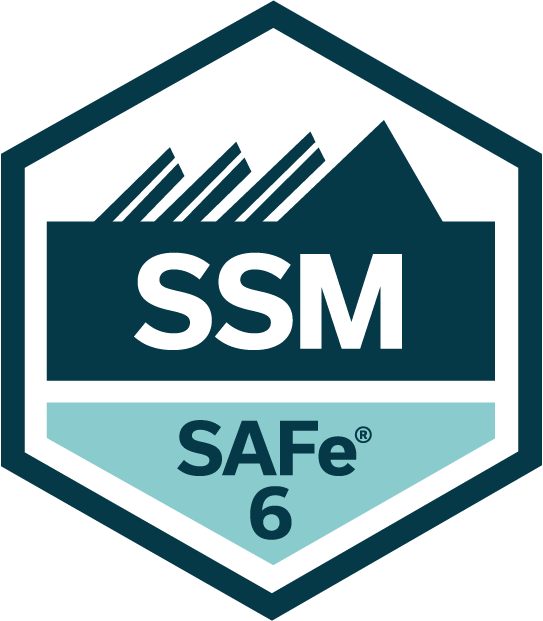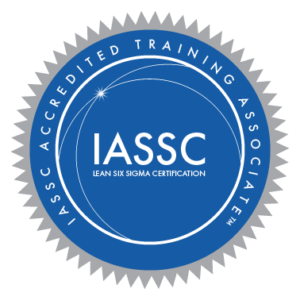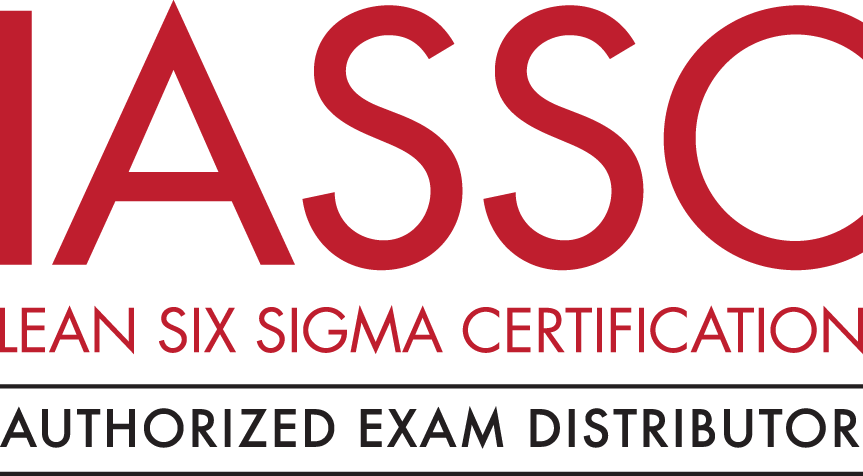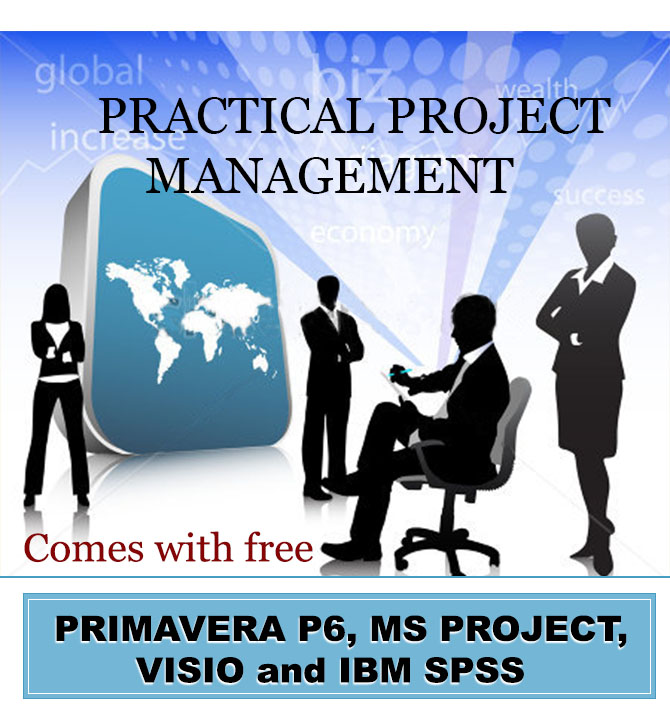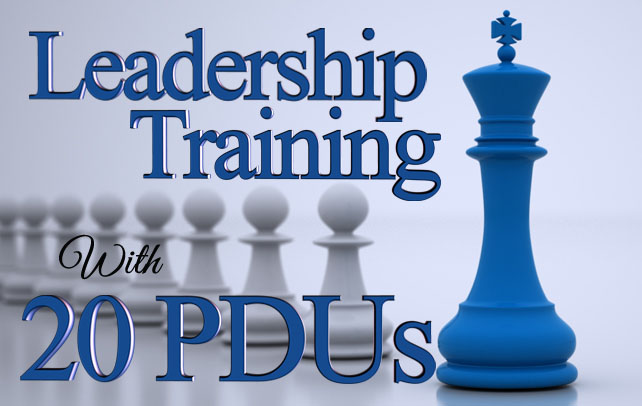Online Training
This training is specific for those who cannot attend the classroom training for one reason or the other. It is asynchronous in delivery and is suited for those who prefer self-study. Please, see details below:
- All training takes place at our e-learning platform (www.pmtutor.org)
- Courses are relatively more affordable than the brick and mortar counterpart and carry the same certificate and quality assurance.
- You can study offline by downloading the videos and pdf materials to your workstation or mobile platform.
- Its is a 24-7 access, hence you can study anytime, anywhere
- It guarantees minimal downtime, as server is located with one of best hosting company in the USA.
- It can be access through any device like mobile phones, tablets, laptops, desktops
- It ensures understanding of the course through the pace-study method.
All courses begin immediately after payment and candidates are advised to download PMtutor Guide here to help you navigate the e-Learning platform.
Summary of the Cost Structure for the Courses
PAYMENT INFORMATION: Monies can be paid to:
Access Bank
Poet Solvers Limited
0006551542
OR
UBA
Poet Solvers Ventures
1005870878
Those that paid to the bank should please, send their teller number to this email address (support [at] pmtutor [dot] org).
N/B: For Security Reasons, we may not collect payments in our office or at the date of training. All payments must be settled before class begins.
Snapshot of the Our approach to the PMP Knowledge Area.
Chapter 1 – Project Management Introduction
- Stakeholder Analysis
- Project Management Plan
- Enterprise Environmental Factor
- Competing Project Constraint
- Business Case, SOW and Project Charter
- Baseline
- Role of PM
Chapter 2 – Project Scope Management
- Plan Scope Management
- Collect Requirement
- Define Scope
- Create WBS
- Validate Scope
- Control Scope
Chapter 3 – Project Time Management
- Plan Time Management
- Define Activities
- Sequence Activities
- Estimate Activity Resources
- Estimate Activity Duration
- Develop Schedule
7. Control Schedule
Chapter 4 – Project Cost Management
- Plan Cost Management
- Estimate Cost
- Determine Budget
- Control Cost
- Intro to Earned Value
- Advanced Earned Value Management
Chapter 5 – Project Quality Management
- Plan Quality Management
- Perform Quality Assurance
- Control Quality
- Advanced Quality Management Tools
- 7 Quality Management Tools
Chapter 6 – Project Human Resources Management
- Plan Human Resource Management
- Acquire Project Team
- Develop Project Team
- Manage Project Tea
- Advanced HR Theory 1
6. Advanced HR Theory 2
Chapter 7 – Project Communication Management
- Plan Communications Management
- Manage Communications
- Control Communications
Chapter 8 – Project Risk Management
- Plan Risk Management
- Identify Risks
- Perform Qualitative Analysis
- Perform Quantitative Analysis
- Plan Risk Responses
- Control Risk
Chapter 9 – Project Procurement Management
- Plan Procurement Management
- Conduct Procurement
- Control Procurement
- Close Procurement
Chapter 10 – Project Integration Management
- Develop Project Charter
- Develop Project Management Plan
- Direct and Manage Project Work
- Perform Integrated Change Control
- Monitor and Control Project Work
- Close Project or Phase
- Advance Cost Theory
Chapter 11 – Project Stakeholder Management
- Identify Stakeholder
- Plan Stakeholder Management
- Manage Stakeholder Engagement
- Control Stakeholder Engagement
Chapter 12 – Mock Exam
SNAPSHOT OF OUR MS PROJECT 2013 TRAINING
MSP Practical Workshop
Initializing Project
- Creating a New Project
- Create and Manage Calendars
- Creating Customs Field
- Create Options Settings
Create Task Based Schedule
- Set up of Project Information
- Create and modify a project task structure
- Build a logical schedule model
- Create a user controlled schedule
- Manage Multiple projects
Managing resources and the assignments
- Enter and Edit resource information
- Apply tasks type and scheduling calculations
- Assign Resources
- Edit Assignments
- Manage Resource allocations
- Manage Resource allocations using team planner
- Model Project Costs
Tracking and analyzing a project
- Set and maintain baselines
- Update actual progress
- Compare progress against baseline
- Resolve Potential Schedule Problems by using task inspector
- Display Critical path information
- Earned Value Mgt
Communicating Project Information
- Apply Views
- Customize Views
- Format Views
- Share Data with External Sources
- Print schedules and reports
________________________________________________________
Scope for PMtutor Primavera P6
- Calendar defining hourly & daily
- Calendar weekly , monthly
- Activities – definitions, sequencing & estimating duration
- Effectively using the four types of PDM relationship
- Scheduling the project
- Monitoring & project controlling
- Defining constraints & overcoming conflicts
- Defining & assigning activity codes
- Defining & assigning WBS codes
- How to organize the activities by using activity codes & WBS codes
- Reorganizing activities
- Filtering activities
- Defining project codes
- Preparing resource information
- How to apply resource to each activities
- Estimating the cost of the project
- How to analyze the resources by using resource profile & resource table
- How to do resource leveling & resource smoothing using crasing , stretching & splitting
- Scheduling multiple projects & preparing a master project
- Updating the project progress & campaigning the actual progress with the baseline
- Earned value management
- Preparing different types of reports
- How to prepare “S” curve
- Highlighting the progress in the bar chart
- How to manage risk
_______________________________________________________
Snapshot of Our Business Analysis Training
- Introduction to PMI-PBA℠Certification
- Overview of certification process, requirements, and application tips
- PMI-PBA℠Exam overview
- Exam Content
- 5 Domains
- Business analysis terminology
- Practice Exam Questions & Review
- Needs Assessment
- Define the business problem or opportunity
- Determine the value proposition
- Develop project goals
- Identify stakeholders
- Analyze stakeholders
- Techniques
- Decision making
- Communication skills
- Conflict management
- Project methodologies
- Stakeholder analysis
- Practice Exam Questions & Review
- Business Analysis Planning
- Review business case
- Define strategy for traceability
- Develop management requirements plan
- Plan requirements change control
- Plan for document control
- Define solution acceptance criteria
- Techniques
- Contingency planning
- Development methodologies
- Requirement management plan
- Estimating tools
- Planning tools and techniques
- Schedule tools and techniques
- Practice Exam Questions & Review
- Business Elicitation and Analysis
- Elicit requirements
- Analyze requirements
- Perform gap analysis
- Allocate requirements
- Obtain requirements signoff
- Write requirements specifications
- Validate requirements
- Elaborate and specify detailed requirements acceptance criteria
- Techniques
- Analytic Tools
- Business Rule Analysis
- Data analysis
- Decision making
- Elicitation tools
- Interface analysis
- Measurement tools
- Organization assessment
- Prioritization tools
- Problem solving
- Process analysis
- Requirements types
- Root cause analysis
- Practice Exam Questions & Review
- Traceability and Monitoring
- Track requirements
- Monitor requirements
- Update requirements status
- Communicate requirements status
- Manage changes to requirements
- Techniques
- Backlog management
- Change control
- Reporting
- Requirements traceability
- Version controls
- Practice Exam Questions & Review
- Evaluation
- Validate test results
- Communicate solution defects
- Obtain stakeholder signoff of solution
- Evaluate solution value
- Techniques
- Lessons learned
- Quality management
- Validation tools and techniques
- Verification methods
- Practice Exam Questions & Review
- Test-Taking Strategies
- The exam process: what to expect
- Study and test tips
- Creating your own test prep strategy
- Discuss simulated “take home” exam and online study exam strategies
- Practice Exam Questions & Review



